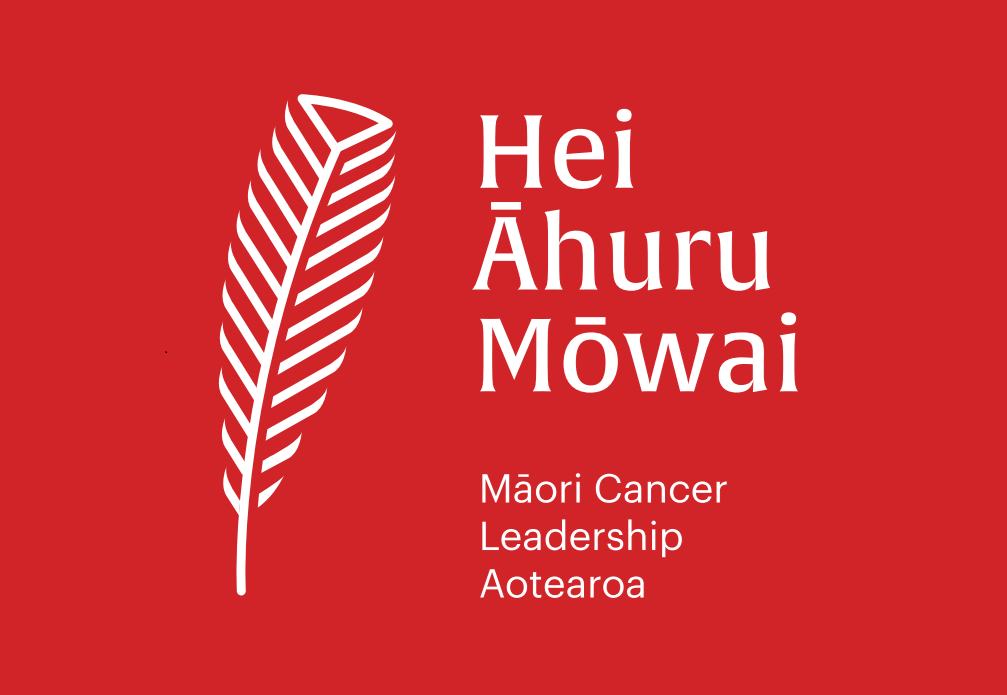Whakatōmuri, whakamua: Walking backwards into the future of Māori cancer care
Māori access to cancer services is the focus of this key study.
Hei Āhuru Mōwai member and Otago University Associate Professor Jason Gurney (Ngāpuhi, Ngāti Hine) is leading a five-year study that will provide an evidence base for planning and directing cancer treatment resources to areas of highest needs.
He and his team of researchers were granted $5 million from the Health Research Council to conduct a study entitled ‘Whakatōmuri, whakamua: Walking backwards into the future of Māori cancer care’.
The study aims to collate a number of data points across different cancers to get a deeper understanding of how Māori access cancer services.
“Up until now a lot of the research has been a little bit ad hoc. Our team has done a couple of papers in the last couple of years on travel to access services – one looking at stomach and liver cancer, and another on lung cancer,” Gurney said.
“With this programme of research we’re going to do it for all cancers, to create a bible of sorts with insights to inform and support all public health professionals.”
While he acknowledges centralisation of cancer services allows a larger population of patients to access a larger pool of clinicians and specialists, it also creates a bigger barrier to whānau who live further afield.
Gurney says the findings of the study will be crucial in forming policy and strategies to turn the Māori survival rate around, with an eye toward the bicentenary of New Zealand in 2040.
“If Māori survival rates from cancer aren’t doing very well now, odds are that’s not going to get better on its own and the burden is likely to get worse as time goes on.
“The idea is to bring together information around access to surgery, radiation therapy, systemic therapy now, then project what we’re going to need in the future so we can start planning for that need.”
The programme will also evaluate the likely future cancer burden for Māori, providing vital context for the cancer control sector to plan the size and scope of future services.
“We aim to meaningfully contribute to eradicating inequities in cancer survival for Māori, by learning from what we have done previously and considering how this needs to change.
“Kia whakatōmuri te haere whakamua - walking backwards into the future with our eyes fixed on the past.”
This was adapted from an interview and article shared by Whakaata Māori/ NZ Herald.
